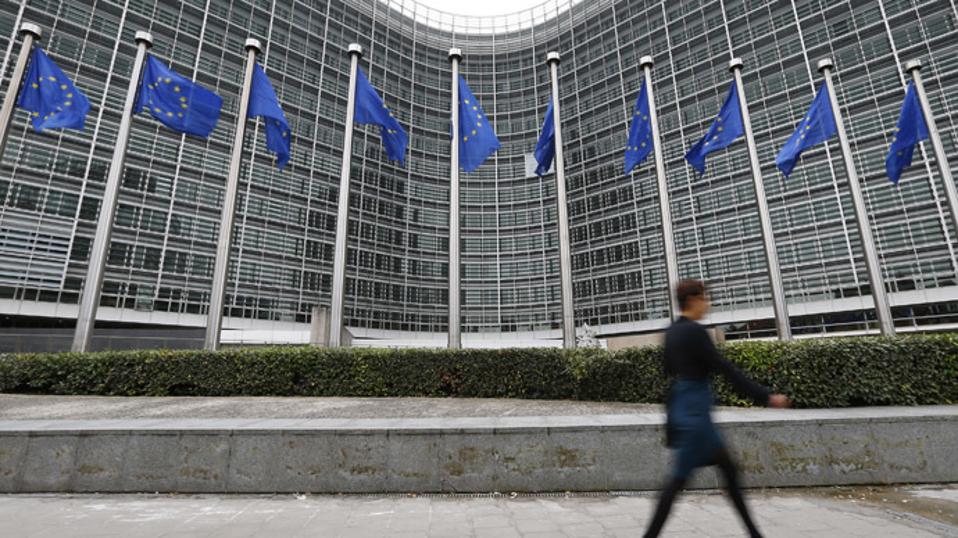Greece faces stepped-up EU demands to stem tide of refugees

The European Union pressed Greece to get a grip on the influx of Middle eastern refugees or risk prolonged internal-EU border checks that could leave migrants stranded in the cash-strapped country.
The European Commission formalized a set of confidential recommendations for the Greek government in a bid to improve the registration of asylum seekers, saying Greece is in breach of an agreement on passport-free travel in the so-called Schengen zone of 26 countries. Should Greece fail to ease European concerns, internal-EU border controls that have been reintroduced in countries such as Germany could be extended for as long as two years.
“The recommendations focus on the need to improve registration procedures, including ensuring a sufficient number of staff and fingerprint scanners,” Valdis Dombrovskis, a vice president of the commission, the 28-nation EU’s executive arm, told reporters on Tuesday at the European Parliament in Strasbourg, France. The nation needs to “establish an effective coastal-surveillance system covering the whole sea border between Greece and Turkey,” he said.
Greece, still struggling to emerge from the euro-area debt crisis that the country triggered in late 2009, is also the focal point of an EU struggle to control the largest European refugee wave since World War II. Greece is the main EU entry point for asylum seekers fleeing Syria, Afghanistan and other war-torn nations and heading to prosperous northern Europe, with thousands arriving daily on Greek islands by sea from Turkey.
‘Under pressure’
More than 60,000 people displaced by violence and unrest in the Middle East and Africa arrived on Europe’s shores last month alone, over 10 times as many as in January 2015, according to the United Nations refugee agency. With the possibility of the influx growing as the weather warms in spring, policy makers in Europe say they have about two months to get a handle on the situation.
Migration jumped to the top of the political agenda across Europe last year because overwhelming numbers of refugees can stoke populist reactions in countries and destabilize national governments, while the Schengen zone has the symbolic power that the euro has when it comes to European integration successes. A breakup of the border-free travel zone would cause political damage to the whole EU project, with any exclusion of Greece having the bitter irony of following a hard-won European battle to keep the country in the euro area.
“Extremist parties and politicians exploit the current refugee crisis,” Estonian President Toomas Hendrik Ilves told the EU Parliament on Tuesday. “Democratic, centrist leaders advocating calm and responsible policies are increasingly under pressure, if not attacked.”
Evaluation report
The Greek government of Prime Minister Alexis Tsipras has said it’s effectively registering migrants and the onus is on Turkey to stem arrivals and on other EU governments to enact an accord on the relocation of refugees within the bloc.
The commission recommendations being drafted for Greece need to be approved by EU governments – a formality – and are part of a normal “Schengen evaluation report.” For the risk to grow of the prolongation of internal-EU border checks for as long as two years, the commission would have to take two more steps by triggering Articles 19a and 26 of the Schengen accord and winning the support of a majority of member nations.
“The migration pressure has not decreased,” Foreign Minister Bert Koenders of the Netherlands, which currently holds the EU’s rotating presidency, told the bloc’s Parliament on Tuesday. “Time to address this crisis is running out.”
[Bloomberg]





